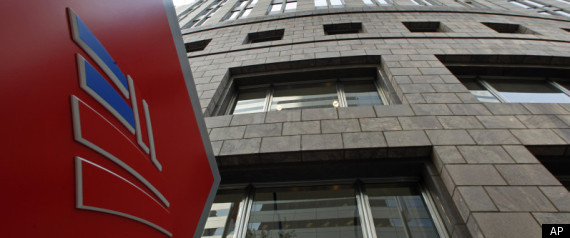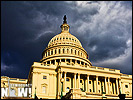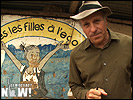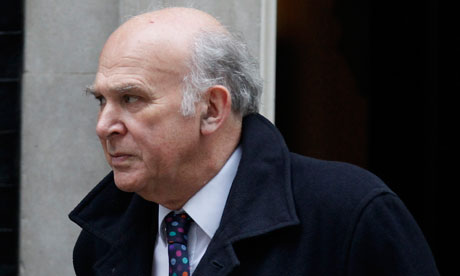 "Canada is about to launch a devastating kick in the stomach to the world's most vulnerable farmers - the 1.4 billion people who depend on farm saved seed," said ETC Group Executive Director Pat Mooney speaking from Ottawa. "The Canadian government is doing the dirty work for the multinational gene giants and the US government. Even Monsanto wasn't prepared to be this upfront and nasty."
"Canada is about to launch a devastating kick in the stomach to the world's most vulnerable farmers - the 1.4 billion people who depend on farm saved seed," said ETC Group Executive Director Pat Mooney speaking from Ottawa. "The Canadian government is doing the dirty work for the multinational gene giants and the US government. Even Monsanto wasn't prepared to be this upfront and nasty."Public outrage greeted "suicide seeds" when they were introduced in 1988. Monsanto, the company which developed the technology, was forced to back down when activists and scientists around the world warned of possible wild crop sterilisation through contamination.
We're concerned that this is an attempt by at least one person within at least one department of the Canadian government to use Canada's political leverage within a relatively unknown scientific and technical committee in order to open the door to Terminator technology's release into the wild.














.jpeg)









